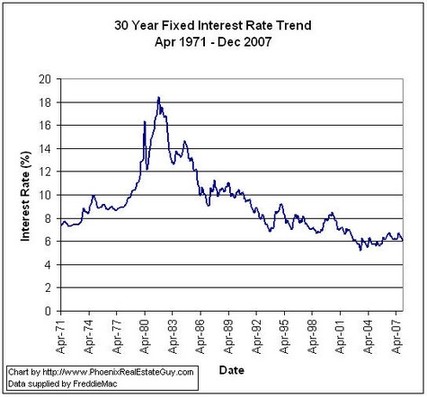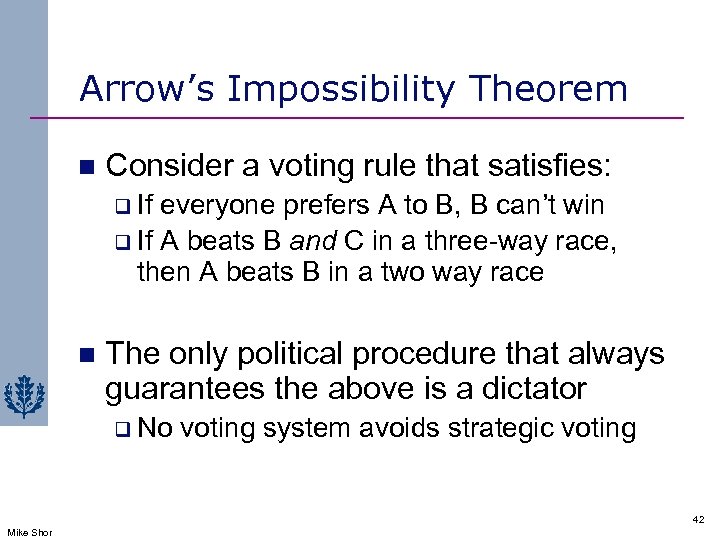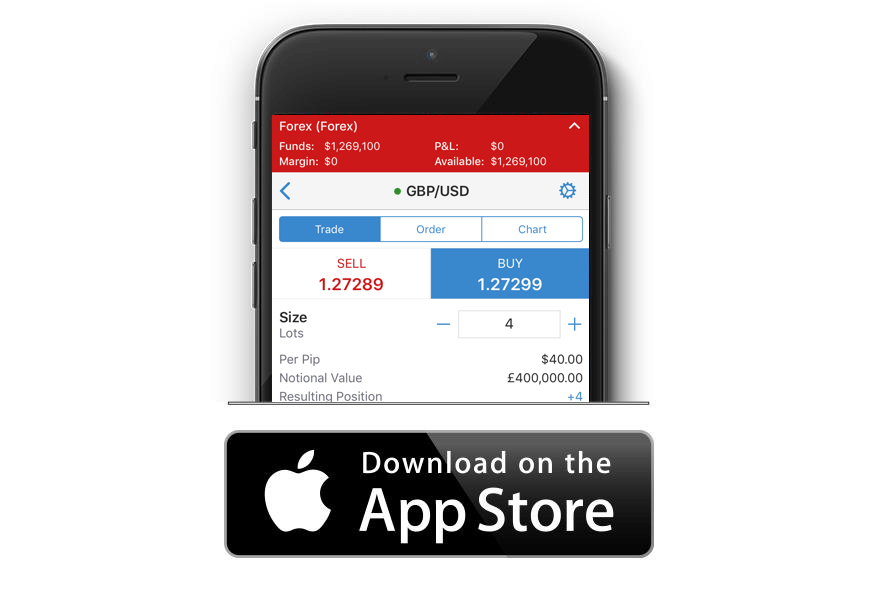
There are several actions that could trigger this block including submitting a certain word or phrase, a SQL command or malformed data. In fact, GlobalBanks IQ even helps non-resident, foreign & offshore entities open bank accounts. Federal Deposit Insurance Corporation (FDIC) insurance covers bank deposits for as much as $250,000 per bank per depositor.
The EBA's recent mystery shopping exercise shows the value this ... - European Banking Authority
The EBA's recent mystery shopping exercise shows the value this ....
Posted: Tue, 08 Aug 2023 08:48:17 GMT [source]
Explore a career in investment banking with the TD Securities Investment Banking job simulation. The main differences between retail banks and other types of banking institutions are who the consumers are and what products and services are offered. Hopefully, the commercial banking vs retail banking conversation is clearer to you now. While the two banking approaches provide services essential to the economy, their target clients, volume and value of transactions, and service customisation levels are significantly different.
Check out our loan calculator to find out how much your loan will actually cost you over time if you're considering a loan from a retail bank to pay for an upcoming expense or to consolidate existing debt. That gave banks more money to lend, but it also increased risk. To compensate depositors, the FDIC raised its limit from $40,000 to $100,000 of savings. Many of them invested their depositors' savings in the stock market without telling them. After the 1929 stock market crash, people demanded their money. Banks didn't have enough to honor depositors' withdrawals.
Standard Bank Retail Banking
This is a common, secure way for individuals to store their cash. There are several different types of retail banks that offer access to virtually all of the services listed above. Note that while the types of banks listed below offer retail banking services, they frequently serve businesses, as well. Here are some common types of retail banking institutions.

They offered low mortgage rates in return for low interest rates on deposits. They couldn't lend for commercial real estate, business expansion, or education. Retail banking is the part of a bank that deals directly with individual, non-business customers. This operation brings in customer deposits that largely enable banks to make loans to their retail and business customers. Corporate, or business, banking deals with corporate and other business customers of varying sizes. Among a range of services, this type of bank lends to enable businesses to grow and hire people, contributing to the expansion of the economy.
Checking and savings accounts also come with a debit card to allow for ease of withdrawal of funds and payment for goods and services. These are only some of the services offered by corporate banks. Corporate banking clients can expect to find a range of products they can use to meet their business financial needs. Just like retail banks, corporate banks offer different loan facilities. Perhaps the biggest difference here is that the loans involved. There are, of course, many other services retail banking offers, but these are among the most popular.
Sub-types of retail banks
Customers can manage their finances and perform transactions online without visiting bank branches. Digitalization has also enabled banks and NBFCs to offer instant loans with faster turnaround time (TAT), including online loan applications and instant approvals with direct fund transfers. Customers can now reach their bank accounts and services through web and mobile apps thanks to digitalization. This has improved accessibility and convenience for banking by enabling users to verify their account balances, send money to another person, pay bills, and apply for loans at any time and from any location. Retail banking offers a wide range of financial services to individuals.
- In fact, in some there are none at all that customers can see as they enter.
- In the 21st century, a movement toward internet banking has also broadly expanded the offerings for retail banking customers.
- Bank tellers, sometimes called clerks, help customers with everyday banking needs, like making deposits, cashing checks, and withdrawing funds.
- The products and services are provided through physical brick-and-mortar branches and through ATMs which can be found everywhere.
- Their share in the market is much lesser than the large banks.
In 1998, Nations Bank bought Bank of America to become the first nationwide bank. That consolidation created the national banking giants in operation today. Learn more about McKinsey’s Public Sector Practice—and check out job opportunities related to financial inclusion if you’re interested in working at McKinsey. Read on to learn more about what financial inclusion means and why it matters.
How Does Retail Banking Work?
Many fintech apps known as neobanks offer retail banking services, such as checking and savings accounts and loans, through mobile apps and websites. However, while neobanks offer banking services, they technically aren't banks. Commercial or corporate banks are primarily for businesses. These banks offer similar products as retail banks, like deposit accounts and loans.
Learn the skills you need to be a retail banker with this free job simulation. This website is using a security retail banking means service to protect itself from online attacks. The action you just performed triggered the security solution.
Why is Retail Banking important?
After the Great Depression, the Glass–Steagall Act restricted normal banks to banking activities, and investment banks to capital market activities. Commercial bank can also refer to a bank or a division of a bank that deals mostly with deposits and loans from corporations or large businesses, as opposed to individual members of the public (retail banking). Some roles in retail banking, like tellers, may only require a high school diploma. However, most positions require at least a bachelor’s degree in finance, accounting, or economics. Bank managers, auditors, loan officers, and personal bankers specifically benefit from finance and economics degrees. Retail banking is truly a community effort — the money you deposit into a bank funds loans and mortgages for other customers.

Small institutions and community banks are also brick-and-mortar institutions that offer retail banking services. Small banks often have a smaller U.S. deposit market share than large banks, but they may operate in multiple locations. Community banks focus on providing consumer banking to a particular area.
How They Affect the U.S. Economy and You
Even when community banks issue public shares, they typically don't trade on major stock exchanges. Retail banks are commonly called high street banks in the UK and Ireland. In the US, they may be referred to as commercial banks when differentiating from investment banks.

Because FDIC insurance is per depositor, if you had a joint account with one co-owner, your deposit would be insured for as much as $500,000. Credit union deposits are similarly insured, covered by the National Credit Union Share Insurance Fund. In branches today, even the larger ones, we see very few of them. In fact, in some there are none at all that customers can see as they enter. Her 15-year business and finance journalism stint has led her to report, write, edit and lead teams covering public investing, private investing and personal investing both in India and overseas. She has previously worked at CNBC-TV18, Thomson Reuters, The Economic Times and Entrepreneur.
Retail banks focus on personal banking accounts and services. They might offer many of the same options, but they do so on a scale that fits the needs of businesses. One of the biggest trends in retail banking today is the shift to mobile and online banking. Furthermore, it allows them the ability to earn interest on their money. Most savings accounts offer rates based on the fed funds rate.
- The main difference between retail banking and corporate banking is that retail banking caters to individual consumers while corporate banking caters to large corporations.
- If the fed funds rate moves higher, so do all other rates.
- All the banking services that you enjoy from your bank including your personal accounts, saving accounts, loans and even online banking services fall under retail banking.
- They've almost disappeared since the savings and loans crisis of the 1980s.
Consumers can pay their bills using retail banking services in India. This can include phone bills, credit card bills, and other types of bills. Certain services like withdrawals and deposits can also be availed online as well as in the nearest branch of your bank.
The general public can access a variety of services through a retail bank, including checking and savings accounts, mortgages, credit cards, foreign currency and remittance services, and automobile financing. The most common services that retail banks offer are checking and savings accounts, mortgages, personal loans, credit cards, and certificates of deposit (CDs). Retail banking offers deposit, access, and lending services to individuals. Commercial banking is another name for corporate banking, which offers banking services to businesses, governments, and other institutions.
